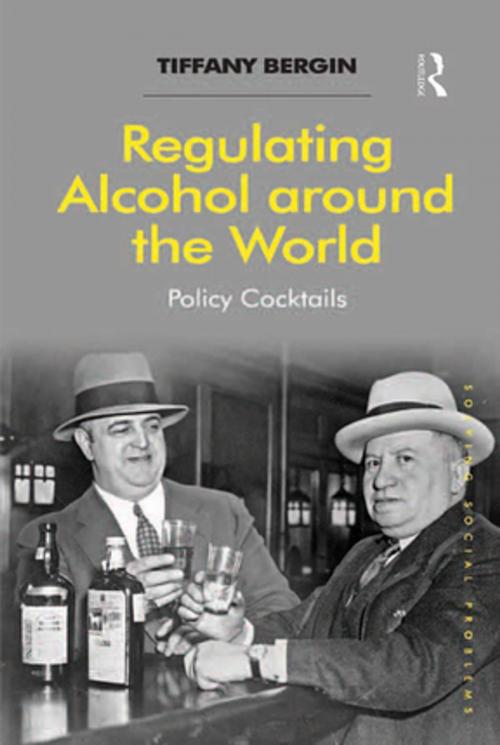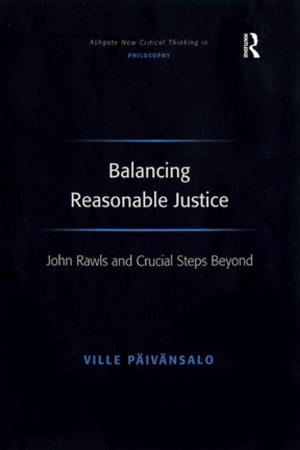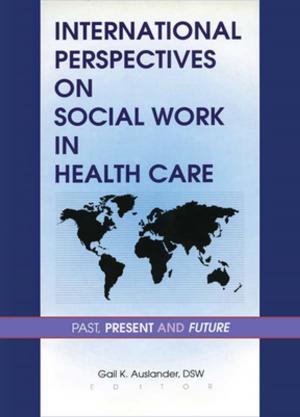Regulating Alcohol around the World
Policy Cocktails
Nonfiction, Health & Well Being, Medical, Reference, Health Policy| Author: | Tiffany Bergin | ISBN: | 9781317068884 |
| Publisher: | Taylor and Francis | Publication: | April 8, 2016 |
| Imprint: | Routledge | Language: | English |
| Author: | Tiffany Bergin |
| ISBN: | 9781317068884 |
| Publisher: | Taylor and Francis |
| Publication: | April 8, 2016 |
| Imprint: | Routledge |
| Language: | English |
With the World Health Organization estimating that nearly four percent of global deaths are due to alcohol, alcohol misuse can be an extremely damaging social problem, and one that governments around the world have endeavored to address through a range of policy strategies. Regulating Alcohol around the World explores historical and contemporary case studies in multiple countries to gain a richer understanding of the political, economic, and other forces that influence alcohol-related policymaking. The case studies presented in the book investigate a range of different kinds of alcohol policies, including prohibition strategies, general efforts to reduce alcohol’s social harms, and more targeted policies. The explanatory value of leading theories from political science, policy studies, anthropology, and other fields is assessed, with particular reference to the influence of cultural and historical factors on approaches to alcohol regulation. The book adopts a global perspective and offers guidance for students, researchers, practitioners, policymakers, and other stakeholders about the lessons that can be learned from previous efforts to change alcohol policies. As such, it will be of interest to practitioners in the fields of health and alcohol abuse prevention, as well as scholars and students of social policy, criminology, and the sociology of health, addiction, and social problems.
With the World Health Organization estimating that nearly four percent of global deaths are due to alcohol, alcohol misuse can be an extremely damaging social problem, and one that governments around the world have endeavored to address through a range of policy strategies. Regulating Alcohol around the World explores historical and contemporary case studies in multiple countries to gain a richer understanding of the political, economic, and other forces that influence alcohol-related policymaking. The case studies presented in the book investigate a range of different kinds of alcohol policies, including prohibition strategies, general efforts to reduce alcohol’s social harms, and more targeted policies. The explanatory value of leading theories from political science, policy studies, anthropology, and other fields is assessed, with particular reference to the influence of cultural and historical factors on approaches to alcohol regulation. The book adopts a global perspective and offers guidance for students, researchers, practitioners, policymakers, and other stakeholders about the lessons that can be learned from previous efforts to change alcohol policies. As such, it will be of interest to practitioners in the fields of health and alcohol abuse prevention, as well as scholars and students of social policy, criminology, and the sociology of health, addiction, and social problems.















